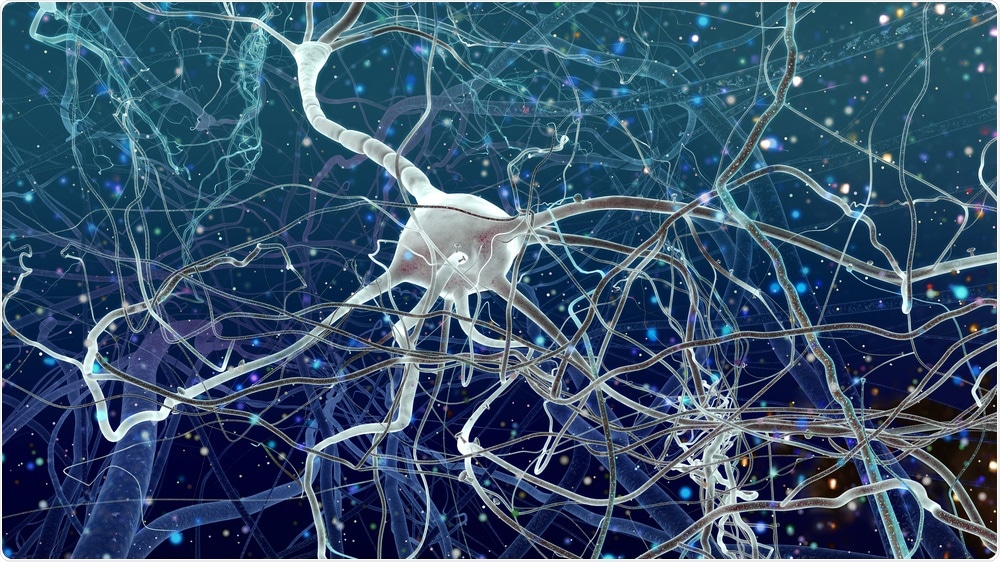A study conducted by researchers at Boston University School of Medicine in collaboration with scientists working on the Alzheimer’s Disease Sequencing Project (ADSP) has revealed new genetic variations involved in the development of Alzheimer’s disease.

Image Credit: whitehoune / Shutterstock
Alzheimer’s disease is the most common cause of dementia and the number of people developing the condition is increasing each year.
The disease is characterized by the formation of β-amyloid plaques and toxic neurofibrillary tangles in the brain that cause neurodegeneration, memory decline and eventually death.
Although the incidence of Alzheimer’s is on the rise, scientists still do not properly understand the genetic and environmental factors that make some individuals more susceptible to the disease.
Now, by comparing the genomes of almost 6,000 Alzheimer’s patients with those of 5,000 healthy individuals, researchers have managed to identify rare genetic mutations that they think contribute to the disease’s development.
This large and deep gene sequencing study is an important part of identifying which variations may play a part in risk of getting Alzheimer's or protection against it."
Eliezer Masliah, The National Institute on Aging
As reported in the journal Molecular Psychiatry, the genetic variations identified point towards an inflammatory mechanism and alterations in protein production that together contribute to the neurodegenerative process seen in Alzheimer’s.
The scientists hope the study will help to bridge the gaps in knowledge about the mechanisms that lead to the disease and help pave the way for new therapies.
Many of our findings will provide insight into disease mechanisms and targets for biological experiments to gain further understanding about the role of these genes in AD pathogenesis."
Lindsay Farrer, Study Author
Source:
https://www.eurekalert.org/pub_releases/2018-08/buso-nto080918.php